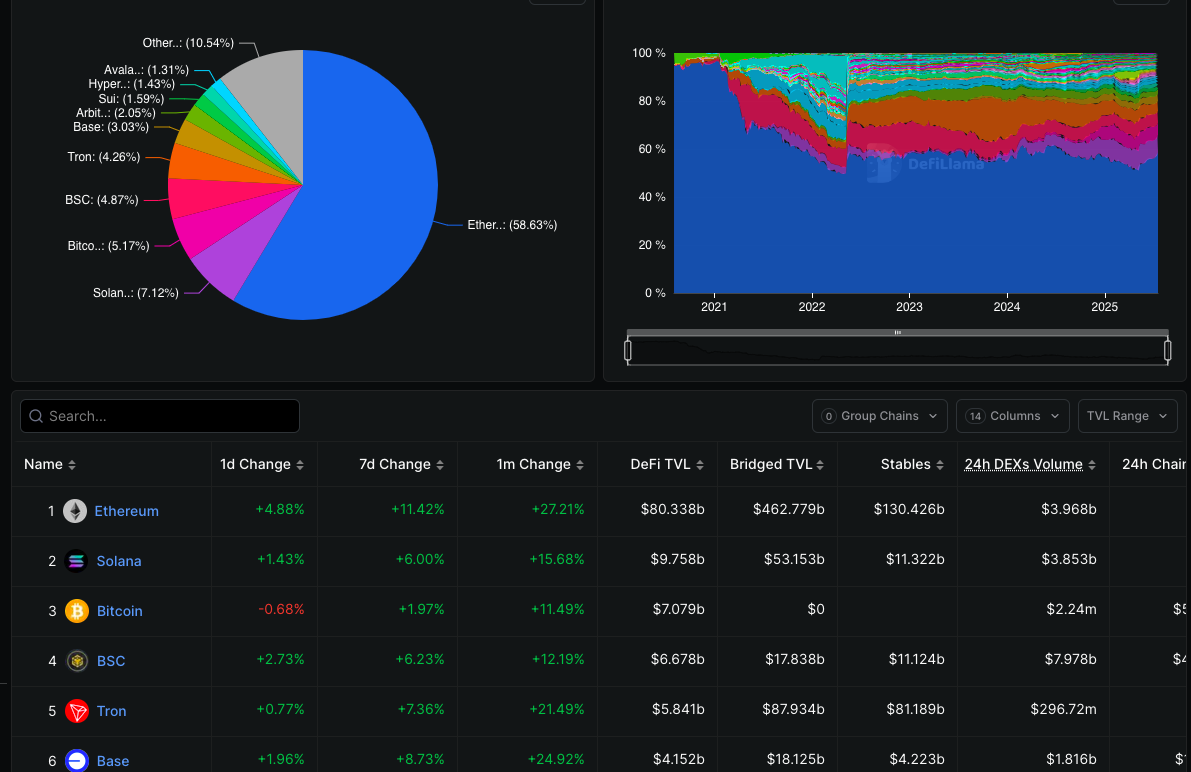
South Korea has put the brakes on its digital currency testing project, pausing preparations for the next phase just as stablecoins take on renewed political and market significance.
The Bank of Korea reportedly informed participating banks that it will temporarily halt discussions related to the second stage of its central bank digital currency pilot, which was originally slated to begin later this year.
A BOK official confirmed the decision to Bloomberg, citing the need for reassessment amid shifting priorities.
New President’s Stablecoin Push Prompts Central Bank Caution
The delay comes as newly elected President Lee Jae-myung places growing emphasis on stablecoins. Just weeks into office, Lee has proposed expanding the field of issuers by allowing companies with as little as 500m won, or about $370,000, in equity to issue won-based stablecoins.
His administration has signaled that stablecoins could play a major role in the country’s digital asset roadmap.
BOK officials appear cautious about moving too quickly. Senior Deputy Governor Ryoo Sang-dai recently stressed that any rollout of stablecoins should be gradual and bank-led, with clear consumer protections and measures to avoid market disruption.
Crypto Holdings Now Key Part of Personal Wealth for Millions in South Korea
Meanwhile, South Korea remains one of the world’s most active crypto markets. Over a third of the population, roughly 18m people, are involved in digital asset trading. On particularly busy days, local crypto exchange volumes have surpassed those of traditional equity markets such as the Kospi and Kosdaq.
A recent industry survey found that more than half of South Koreans aged 20 to 59 have experience trading crypto. Moreover, one in four currently hold digital coins. For those invested, crypto now makes up at least 14% of their total financial portfolios. In addition, many maintain wallets across several domestic exchanges.
Enthusiasm around digital assets has also spilled into the stock market. Shares of companies linked to the Bank of Korea’s CBDC initiative have rallied in recent weeks. Kakao Pay has more than doubled in value this month, while LG CNS surged nearly 70% before easing slightly.






